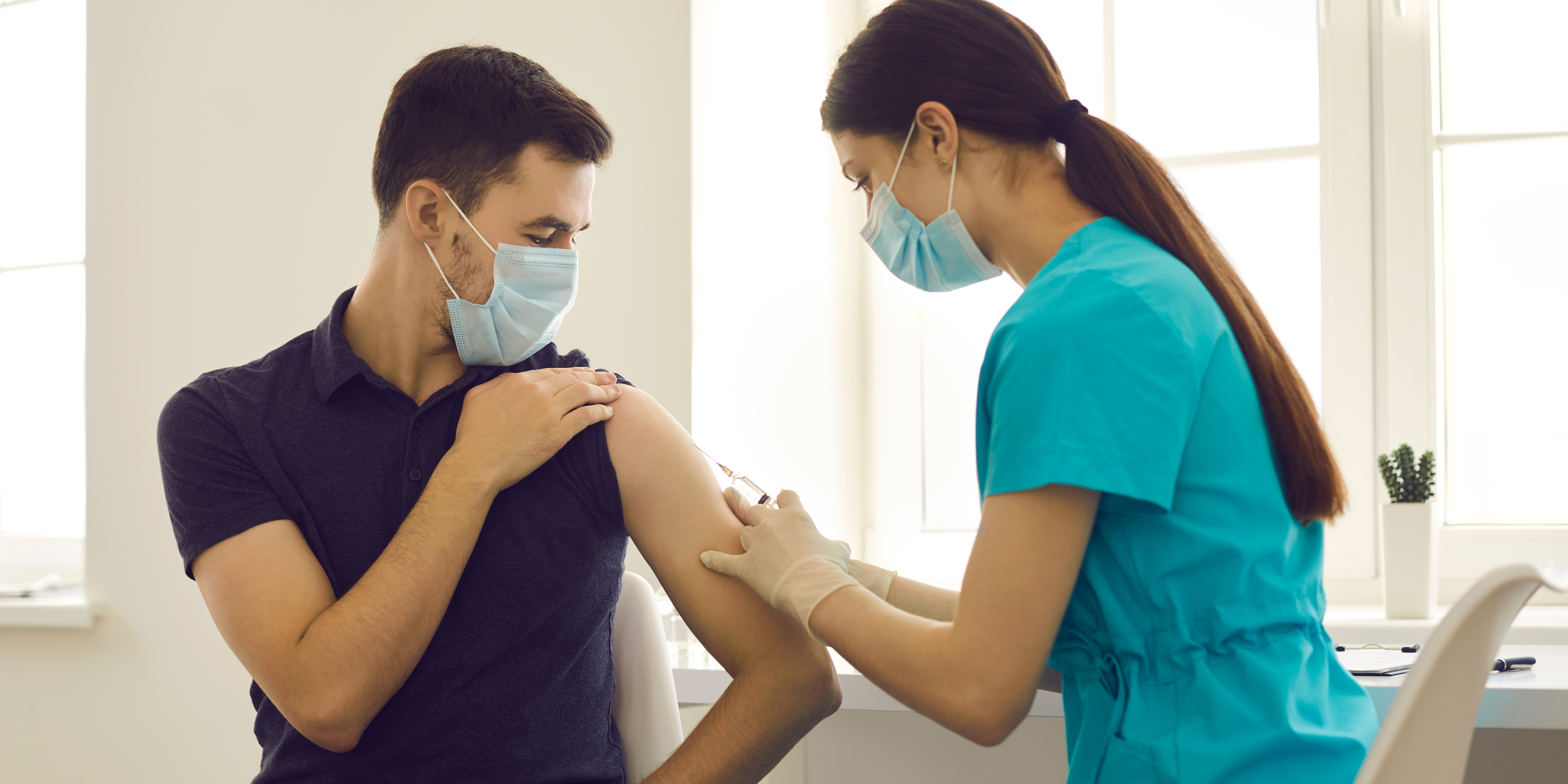Benefits Of Vaccinations:

Vaccinations help people live longer and healthier lives. The United States saw a rash of polio epidemics in 1952. Approximately 60,000 children were infected, resulting in nearly 3,000 fatalities and 21,000 paralysis cases.
When the polio vaccine was finally available in 1955, polio cases began to decline, and by 1979, the illness had been eradicated in the United States.
Although diseases like polio have all but vanished in the United States, other illnesses remain, as seen by recent measles outbreaks.
Vaccinations not only protect your family, but they also safeguard your community. Unfortunately, some people are unable to get immunizations due to health concerns. Their sole safety is that the rest of their group has been vaccinated, which helps to prevent illness transmission.
Immunizations for children
Our medical doctors offer personalized recommendations for your child's vaccines. Most children are vaccinated against the following diseases:
- Chickenpox.
- Diphtheria.
- Tetanus .
- Pertussis.
- Hepatitis A and B.
- Hib.
- Measles.
- Mumps.
- Rubella.
- Meningococcal infections.
- Pneumococcal infections.
- Polio .
- Human papillomavirus (HPV).
Immunizations are required for adults
Certain booster injections are recommended for adults. Every ten years, for example, you'll require a Td (tetanus and diphtheria) booster.
Also, if you're under the age of 26, speak with a doctor about getting the HPV vaccine. Vaccines for shingles and pneumococcal disease should be obtained by everyone over the age of 50.
You should also get a flu vaccination every year, especially if you work with the public or take public transit and are exposed to a lot of people during the day.
Mechanism of vaccination:
Vaccines provide a very small dose of a virus or bacterium to your body. It won't make you sick, but it will cause your immune system to produce and release antibodies that will help you fight the disease. The antibodies stay in your system, so if you're exposed to those bacteria again, your body will be ready to fight them off before they can make you sick.Call our clinic or schedule an appointment online if you or a member of your family requires a vaccine.
